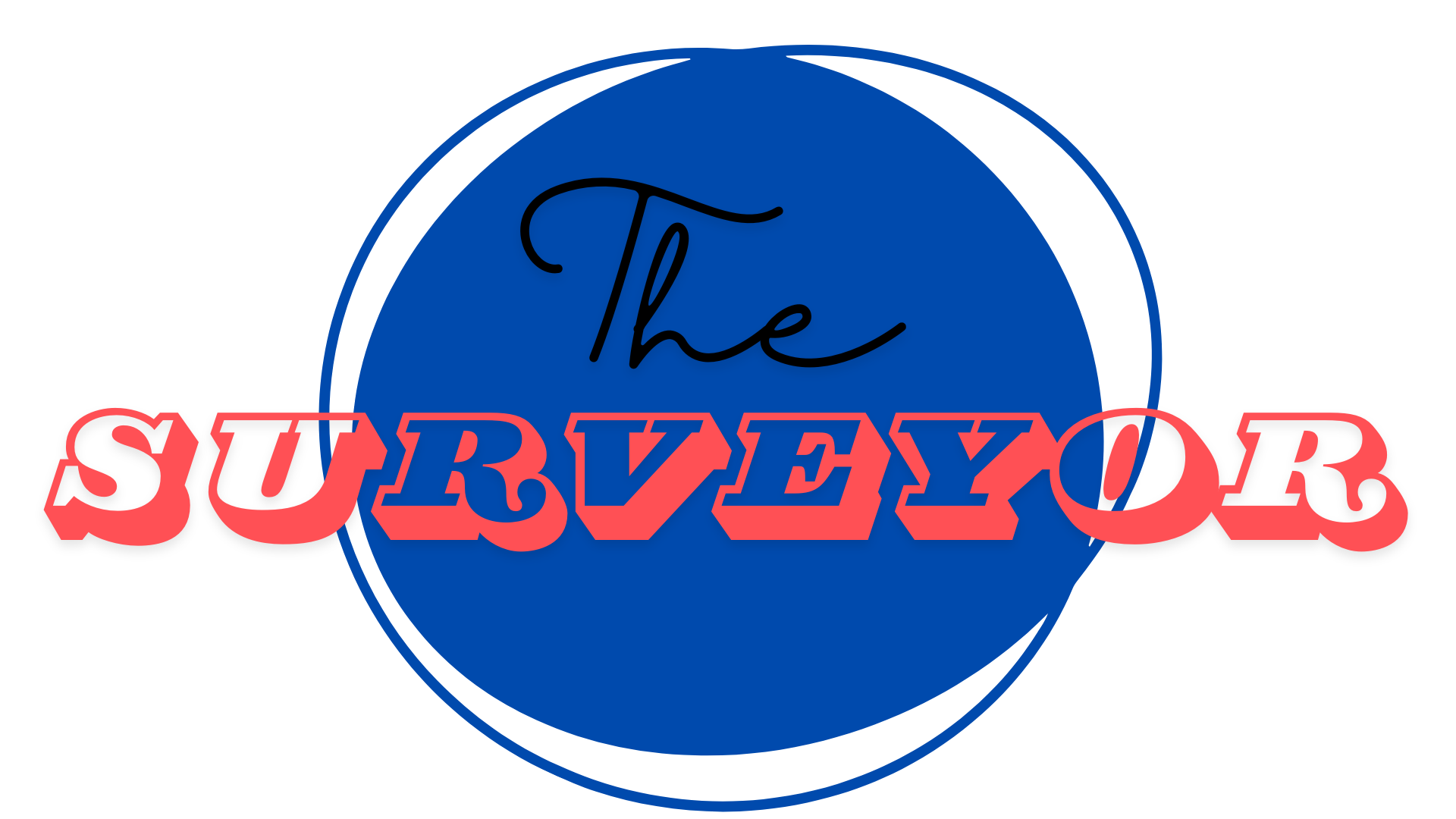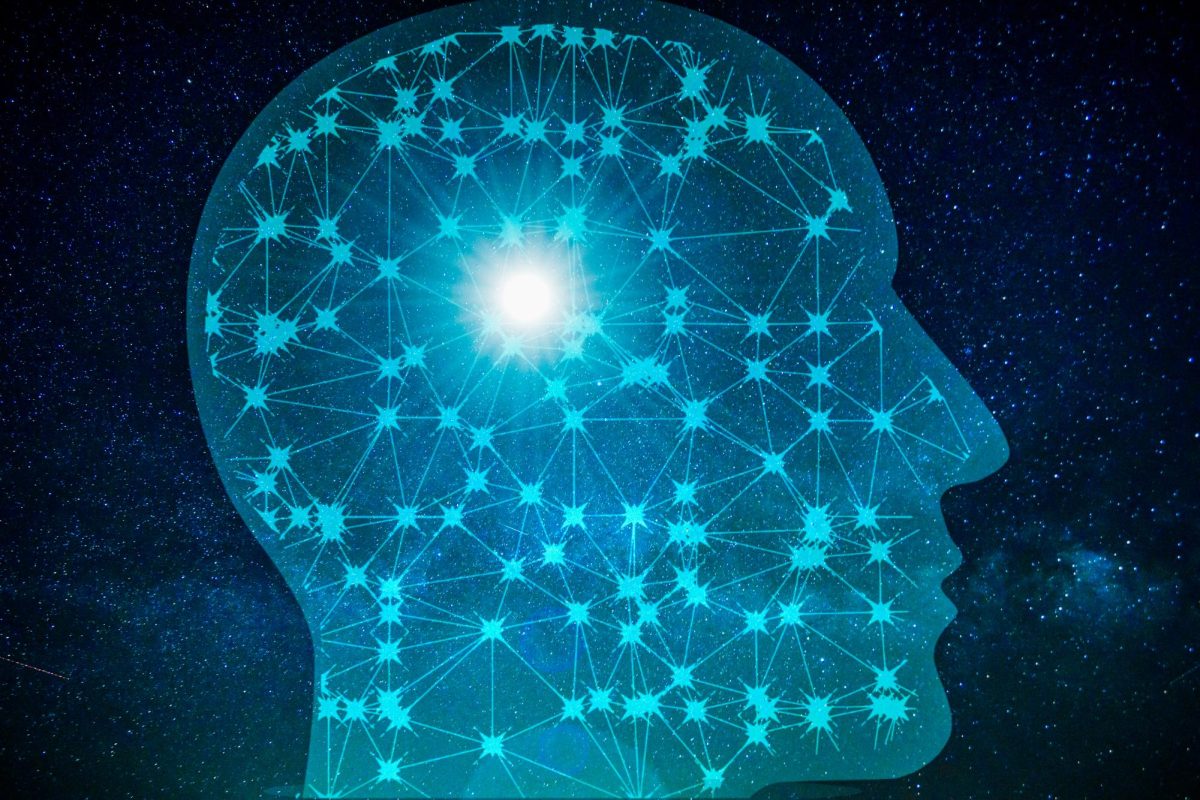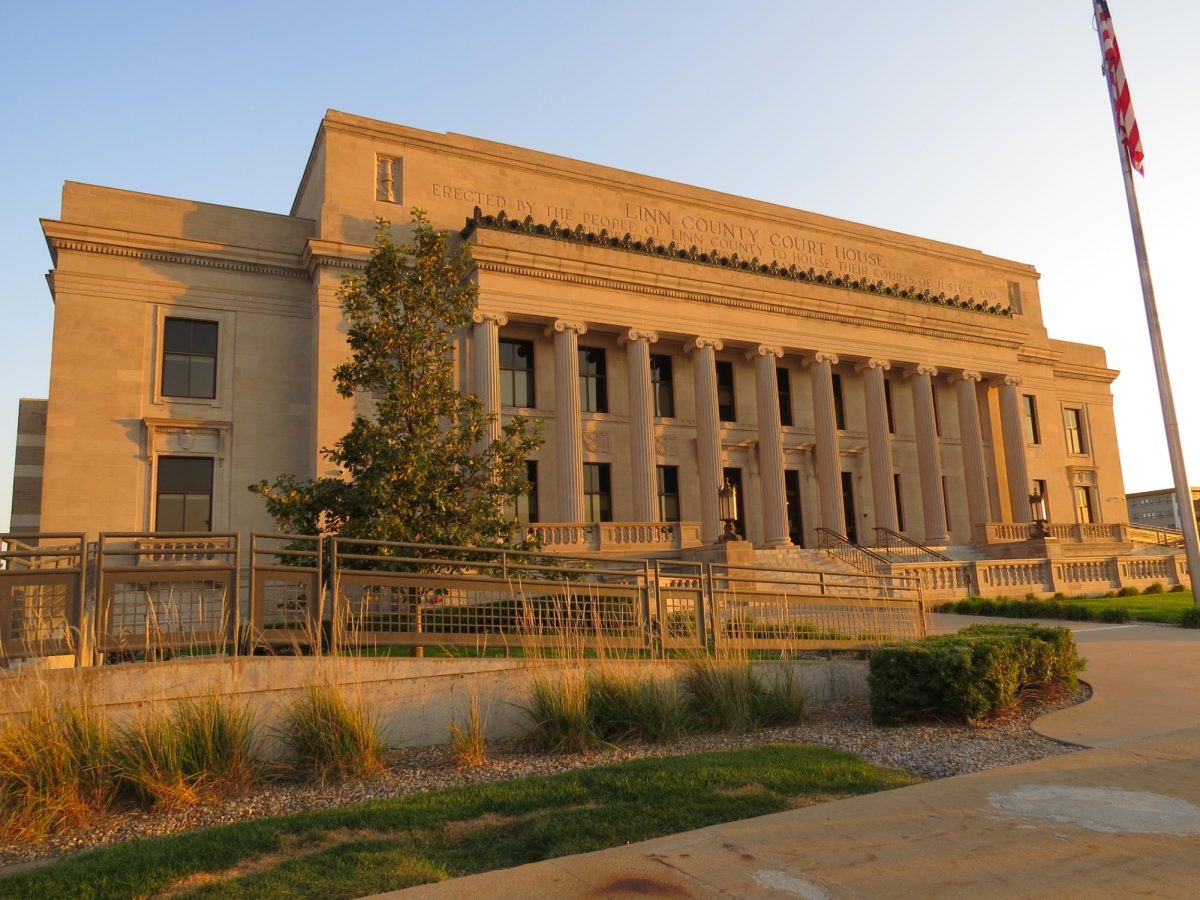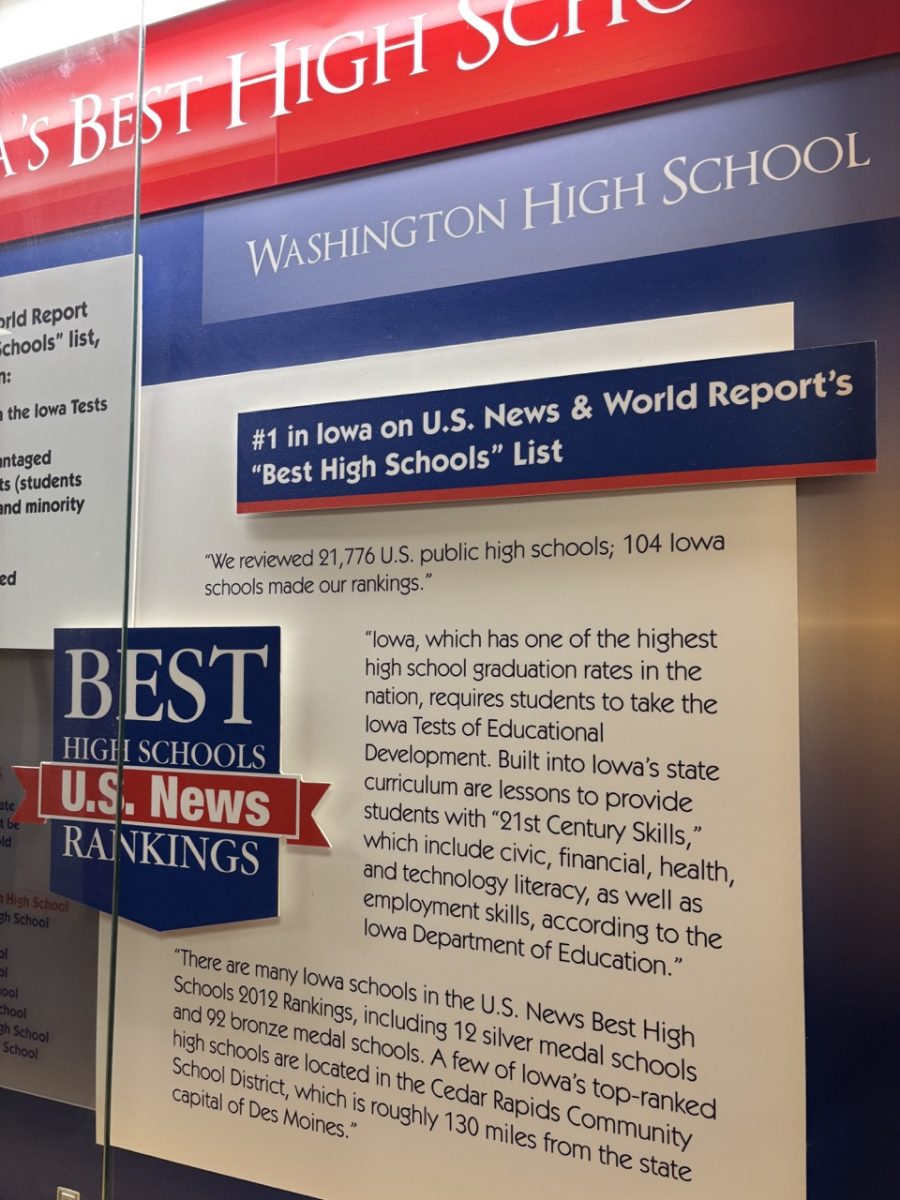Despite the growing impact of artificial intelligence on the job market, a recent survey of my 2025 classmates reveals that a significant number remain largely unaware of how Artificial Intentellige (AI) might influence their future career choice. With 70% of students marking they weren’t following AI closely and 45% of students saying they didn’t think AI would affect their career choice.
However AI awareness does seem to be increasing as development continues. A survey conducted by Student Voice showed that while 31% of 2024 graduates considered AI influencing their career, the class of 2027 is thinking ahead with 61% of students considering AI’s influence.
Additionally, we see many colleges and universities like The University of Texas at San Antonio preparing students for the effect of artificial intelligence on their careers. The President of the University emphasizes the importance of learning AI in college saying, “We need to make sure our students are ready for what their future employers expect them to know.” Advisors have begun to warn students about the automation of routine task fields, such as data processing, research analysis, and insurance underwriting. As AI advances these fields are particularly vulnerable to automation, reducing the demand for human workers for these roles. Instead advisors encourage students to pursue careers and develop skills in areas that are less likely to become automated. Professions that require creativity, problem-solving, and interpersonal interaction, like healthcare or management are unable to be automated and therefore unable to be held by AI.
And while not all future jobs may be automated, all jobs in the upcoming future will be AI involved. Many of the 2025 graduates surveyed believed their job would not be affected by AI, however Goldman Sachs investment bank released a report predicting over two-thirds of jobs have some degree of exposure to AI automation. Engineering, nursing, and the legal profession all have seen massive developments in AI programs to help make these more efficient. Due to these programs, certain fields won’t need as many people in that work force. Research done by Mckinsey Global suggests that at least 14% of employees globally could need to change their careers due to digitalization, robotics, and AI advancements. So while AI will not cause a loss of jobs generally there may be a shortage of jobs in many fields.
In order to “ride the wave” of AI, experts at John Hopkins University encourage taking advantage of and learning AI for an “edge” when it comes to careers. As certain professions numbers dwindle, candidates with AI experience will be the ones that stand out. According to Insider Higher Ed, a reported 76% of students believe their institutions should be preparing them for AI in the workplace. Colleges have begun to acknowledge this as there’s been an increased emphasis on reskilling and continuous learning to remain competitive in the job market. AI related technologies are one of the areas where schools have focused on teaching and training because of these changes.









